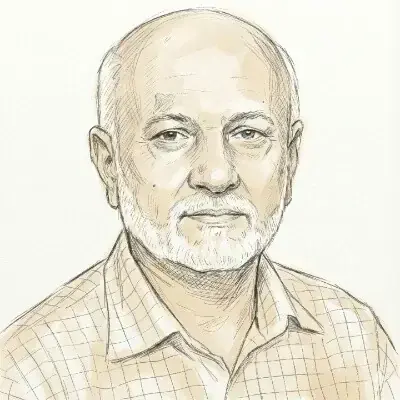ISLAMABAD: A new World Bank report says 733 million people globally have no access to electricity, while 2.4 billion people are still using fuels detrimental to their health and the environment.
At the current rate of progress, 670m people will remain without electricity by 2030 — 10 million more than projected last year, according to the ‘Energy Progress Report’, which is the 2022 edition of Tracking SDG-7 released on Wednesday.
The report shows that the impacts of the pandemic, including lockdowns, disruptions to global supply chains, and diversion of fiscal resources to keep food and fuel prices affordable, have affected the pace of progress toward the Sustainable Development Goal (SDG 7) of ensuring access to affordable, reliable, sustainable and modern energy by 2030.
Nearly 90m people in Asia and Africa, who had previously gained access to electricity, can no longer afford to pay for their basic energy needs, points out the report.
Pandemic’s impacts have affected pace of progress toward SDG 7
The report finds that despite continued disruptions in economic activity and supply chains, renewable energy was the only energy source to grow through the pandemic. However, these positive global and regional trends in renewable energy have left behind many countries most in need of electricity. This was aggravated by a decrease in international financial flows for the second year in a row, falling to $10.9bn in 2019.
The share of the world’s population with access to electricity rose from 83 per cent in 2010 to 91pc in 2020, increasing the number of people with access by 1.3bn globally. The number without access declined from 1.2bn people in 2010 to 733m in 2020.
However, the pace of progress in electrification has slowed in recent years which may be explained by the increasing complexity of reaching more remote and poorer unserved populations and the unprecedented impact of the Covid-19 pandemic.
The report emphasised that meeting the 2030 target requires increasing the number of new connections to 100m a year. At current rates of progress, the world will reach only 92pc electrification by 2030.
Between 2010 and 2020, every region of the world showed consistent progress in electrification, but with wide disparities. Electricity access in Sub-Saharan Africa rose from 46pc in 2018 to 48pc in 2020, but the region’s share of the global access deficit rose from 71pc in 2018 to 77pc in 2020, whereas most other regions, including Central and Southern Asia, saw declines in their share of the access deficits.
The share of the global population with access to clean cooking fuels and technologies rose to 69pc in 2020, an increase of 3 percentage points over last year. The total number of people lacking access to clean cooking has remained relatively stagnant for decades. Between 2000 and 2010, this number was close to three billion people, or one-third of the global population. It dropped to around 2.4bn in 2020.
While the share of renewable capacity expansion rose by a record amount in 2021, the positive global and regional trajectories mask the fact that countries where new capacity additions lagged were those most in need of increased access.
Moreover, rising commodity, energy and shipping prices, as well as restrictive trade measures, have increased the cost of producing and transporting solar photovoltaic (PV) modules, wind turbines, and bio-fuels, adding uncertainty for future renewable energy projects.
From 2010 to 2019, global annual improvements in energy intensity averaged around 1.9pc, well below the target, and the average annual rate of improvement now has to reach 3.2pc to make up for lost ground. This rate would need to be even higher — consistently over 4pc for the rest of this decade — if the world is to reach net-zero emissions from the energy sector by 2050.
International public financial flows to developing countries in support of clean energy decreased for the second year in a row, falling to $10.9bn in 2019, despite the immense needs for sustainable development in most countries and growing urgency of climate change. The amount was down by nearly 24pc from the previous year and may be worsened by the pandemic in 2020.
Published in Dawn, June 3rd, 2022



































